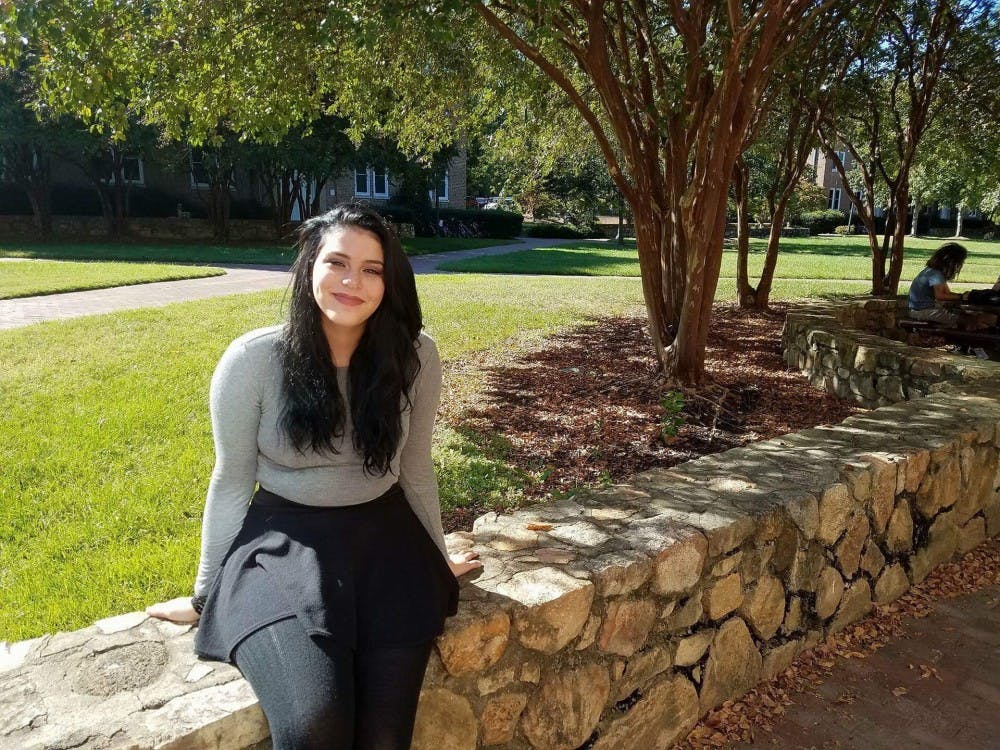The U.S. Department of Education recently awarded a five-year, $1.15 million grant to UNC-Greensboro to help first-generation and underrepresented students prepare for graduate education.
The grant will provide funding for the Ronald E. McNair Post-Baccalaureate Achievement Program, according to a UNCG press release. McNair scholars will receive a $5,000 stipend and will participate in the McNair Summer Research Institute.
“Additionally, students will receive faculty mentoring, GRE test preparation and a summer course on research and writing,” the release said. “Students will have several opportunities to present their research at conferences across the country.”
UNC-Chapel Hill has received similar grants in the past and founded their own McNair program in 2009 thanks to a grant from the U.S. Department of Education.
Carmen Huerta-Bapat, program director for Carolina Firsts — an organization dedicated to helping underrepresented and first-generation college students — said a $3 million grant in 2014 funded the Finish Line Project. The project is designed to improve outreach, support and timely degree completion for first-generation students.
“The Finish Line Project brings together partners from all over campus — we have people from the Writing Center, the Learning Center and academic advising all working together to ensure that first-generation college students are getting the support they need,” she said.
The Office of Undergraduate Retention houses both the Finish Line Project and Carolina Firsts program. Huerta-Bapat said the program's goal is to provide resources for first-generation students and to help them feel like they belong at UNC-CH.
“Being a first-generation student is a source of pride,” she said. “We want them to know that what they bring to the table is so unique and valuable and that we are proud of all the obstacles they have overcome.”
One branch of the program is the Carolina Firsts Advocates, a group of UNC-CH faculty trained to provide support for first-generation students. This is important for students who don’t understand the importance of forging relationships with their professors, Huerta-Bapat said. These connections can help them get much-needed letters of recommendation for graduate school applications.



